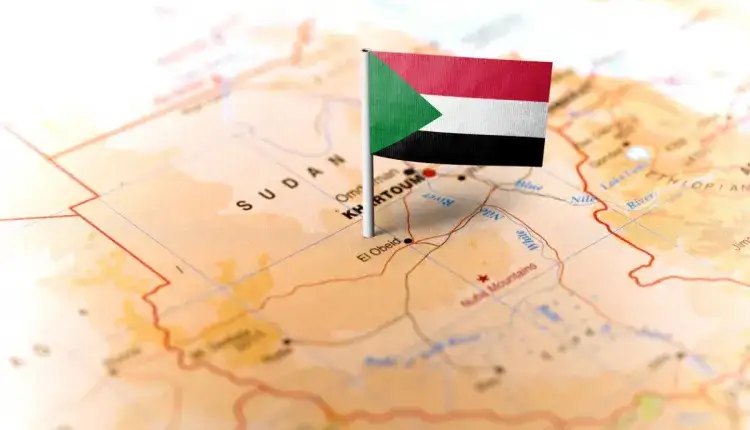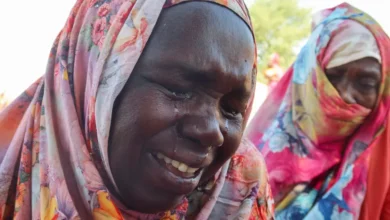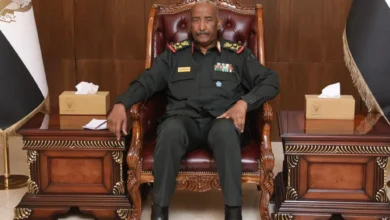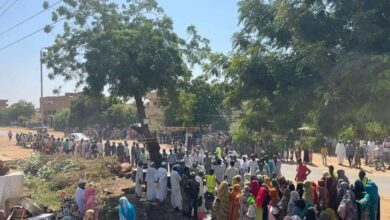My African nation’s refusal to intervene abroad in the Sudan

Both the African Union and the United Nations have declared their rejection of external intervention in the Sudan, which could exacerbate the conflict in the African State.
This came during the annual consultative meeting of the African Peace and Security Council and members of the United Nations Security Council at the African Union headquarters in the Ethiopian capital Addis Ababa.
The annual consultative meeting condemned, “in the strongest terms, the ongoing and unacceptable conflict of violence between the Sudanese Armed Forces and the Rapid Support Forces, as evidenced by widespread reports of indiscriminate attacks on the civilian population, looting of humanitarian supplies and destruction of civilians”, infrastructure.
In a statement issued on Friday, they expressed concern about the deteriorating humanitarian situation throughout the country and commended all neighbouring countries hosting refugees fleeing violent conflict in the Sudan and appealed to the international community to provide the refugees and their host States with the necessary support.
The joint statement stated that the African Union and members of the United Nations Security Council “strongly reject external intervention that could fuel conflict”.
Referring to the lack of a military solution to the conflict, they reaffirmed the priority of dialogue and reconciliation for peace and sustainability in the country.
They also stressed the urgent need for both parties to put the interests of the country and its people above all else, to immediately cease hostilities, and to achieve a permanent ceasefire.
They called on all parties to ensure prompt, safe and unimpeded humanitarian access throughout the Sudan, in accordance with relevant international law, and in line with United Nations principles guiding humanitarian assistance, including humanity, neutrality, neutrality and independence.
They called for the political transition to culminate in the holding of elections in order to form a democratically elected, civilian-led Government.
They reaffirmed the need for inclusiveness and the participation of all Sudanese stakeholders representing all strata of society in the political process, including civil society in the Sudan, to ensure the Sudanese people’s full ownership of the peace process.





